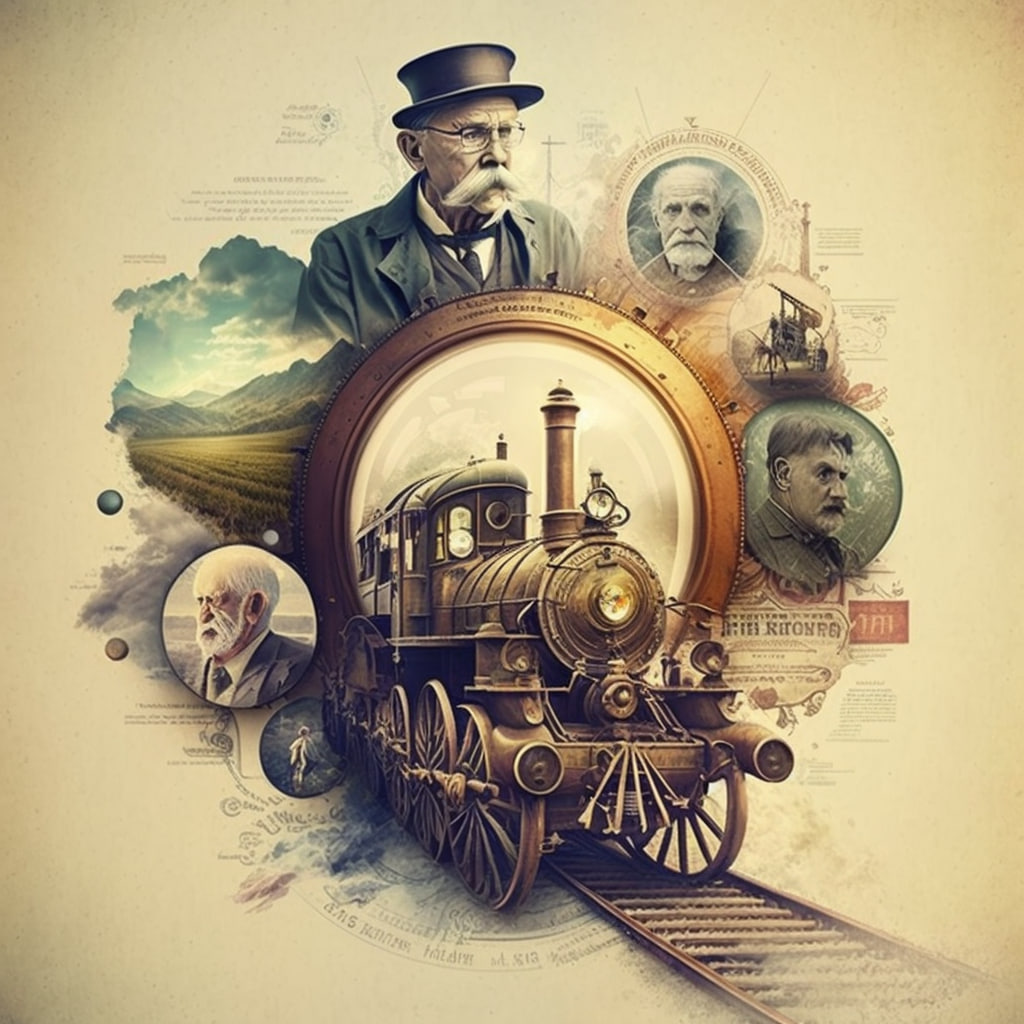
Introduction
Throughout history, human ingenuity has led to countless inventions that have transformed our world and shaped the course of civilization. Inventions, whether simple or complex, have allowed us to overcome challenges, improve our lives, and create opportunities for progress. This article will take you on a journey through time, exploring some of the most significant inventions in history and their impact on society.
The Printing Press: Spreading Knowledge
Invented by Johannes Gutenberg in the mid-15th century, the printing press revolutionized the way information was disseminated. Before the advent of the printing press, books were handwritten and expensive, which limited access to knowledge. The printing press made it possible to produce books quickly and affordably, which led to increased literacy rates and the spread of new ideas. This invention played a crucial role in the Renaissance, the Reformation, and the Scientific Revolution, and ultimately laid the groundwork for modern democracies.
The Steam Engine: Powering the Industrial Revolution
The invention of the steam engine by James Watt in the 18th century transformed the world of industry and transportation. Steam engines were first used to pump water out of mines but soon found applications in factories, powering textile mills and other manufacturing facilities. The steam engine also revolutionized transportation, with steam-powered locomotives and ships connecting cities and countries like never before. The Industrial Revolution, fueled by the steam engine, led to urbanization, economic growth, and significant improvements in living standards for many.
The Telephone: Bridging Distances
Alexander Graham Bell’s invention of the telephone in 1876 changed the way people communicated, making it possible to have real-time conversations with people far away. The telephone eliminated the need for written correspondence, drastically reducing the time it took to exchange information. This invention fostered globalization and accelerated the pace of business, paving the way for the modern, interconnected world we live in today.
The Light Bulb: Illuminating the World
Thomas Edison’s invention of the practical incandescent light bulb in 1879 brought artificial light to households, businesses, and public spaces. Before the light bulb, people relied on candles, oil lamps, and gaslights, which were less efficient and could be dangerous. The light bulb made it possible for people to work, study, and socialize after dark, extending the productive hours of the day and transforming our daily routines.
The Computer: Computing the Future
The invention of the electronic computer in the mid-20th century marked a turning point in human history. Early computers, such as the ENIAC and UNIVAC, were used for military and scientific purposes, but the development of the microprocessor in the 1970s paved the way for the personal computer revolution. Today, computers have become an indispensable part of our lives, enabling us to work, learn, and communicate more efficiently. The computer has also given rise to the internet, which has connected people worldwide, made information more accessible, and transformed the global economy.
Conclusion:
These inventions, along with countless others, have had a profound impact on society, shaping the way we live, work, and interact with one another. Each invention has built upon the achievements of those that came before it, inspiring new ideas and further progress. As we look back at the history of inventions, it is essential to appreciate the power of human creativity and innovation, which has the potential to drive positive change and shape a better future for all.






